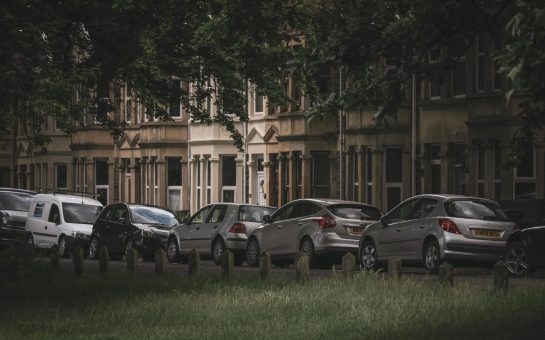A hidden garden close to a busy Central Line tube station is offering therapy through weeding, planting and chatting over a coffee.
Forest Farm Peace Garden has an ecotherapy model to bring safety, calm, and belonging to a growing community in the borough of Redbridge.
Tucked away a few minutes walk from Hainault tube station it helps support a variety of people – many suffering with forms of mental distress and loneliness.
A diverse garden for a diverse community
The charity’s director Pieter Rossouw said: “People maintain the garden as well as the garden maintaining the people – we’re never too fussed about all of the work getting done.”
They form an inclusive community for a variety of people living in Redbridge. GPs and NHS services refer people who may be experiencing mental distress, isolation, being unable to afford food, or who have disabilities.
Forest Farm Peace Garden – roughly the size of three football pitches – holds morning and afternoon workshops every Wednesday and Friday as well as regular events.
At their recent abundance day, 150 people turned out to celebrate the harvesting of the apple trees.
They always have a variety of tasks to choose from: wheelbarrowing, tilling soil, building huts, pruning one of their 100 fruit trees, planting in their various flower beds or polytunnel.

Rossouw’s personal favourite is weeding. He said he finds the action of using his hands to physically work and care for the garden extremely satisfying.
Some flower beds are at standing height to be accessible for those with back problems. He stresses the importance of the garden being safe and welcoming for everyone who uses it.
They run a project where people get together to grow and cook the produce. He said garlic and onions are always popular take home items.
A network of volunteers and buddies support those who have been referred. Some in turn become buddies at the end of their referral time.
Rossouw said one of the buddies calls it ‘his green gym’.

He said their focus is community care. Whilst some people come to get their hands dirty with hard work, others simply relax and enjoy being with each other – and the garden.
Ecotherapy: caring for the community and nature
Gemma, who is a volunteer and artist said: “It’s just everything I believe in. It’s ecotherapy, which is blending gardening and people care.
“I know how much it’s helped my mental health and I want to support other people with their mental health.”
Gemma is doing a masters degree in green building so she said it is hugely inspiring for her to be here.
She added she takes lots of photographs and it inspires her multimedia artwork.
She said: “You see the changes of the seasons and it helps you to be more philosophical about life and death. Life can be quite scary, with so much change, but this space helps me to make sense of it.”
She added they use regenerative practices so any waste goes in the composts, and she is always learning about the plants and animals.
“It’s organic, permaculture – you plant certain things together to help support each other so it’s great for the biodiversity in the area. I’ve seen a lot of robins and there was a hedgehog here the other day,” she said.
“Life’s very hard for a lot of people, but when you walk into the garden you can just feel the weight lifting off your shoulders.”
A regenerative response to rising issues
Gemma said the garden is an antidote to isolation.
“I’ve learnt that I can be accepted as I am, warts and all. My life’s been really difficult these past six months, but they’ve just accepted me the way I am,” she said.
She said she can turn up and work, or other days just come here to be with the other users to hang out. It gives her confidence in herself.
“Even though you’re going through a dark time it shows you that you’ve still got something to contribute,” she added.
She said when she brings home something to eat from the garden she associates it with the people she was working with that day, which is ‘really good for the soul’.
She added: “I believe in face to face communication – so many people are lonely and isolated even though we’ve got social media – and it’s so positive to come here and connect with other people and nature.”
A report by the advocacy charity Hestia, published in June 2025, said a survey of 2,000 Londoners found 58% reported experiencing three or more symptoms of poor mental health in 2025 – up from 49% in 2024.
The report points to a number of Londoners facing complex, intersecting crises for which the ecotherapy model is one response.
Forest Farm Peace Garden said they are bringing a community together in care, for each other and the garden they maintain.
By using this space with regenerative gardening practices, the charity has created a network of people. They provide support, safety, acceptance – and lots of healthy food.
Featured image credit: Toby Hall





Join the discussion